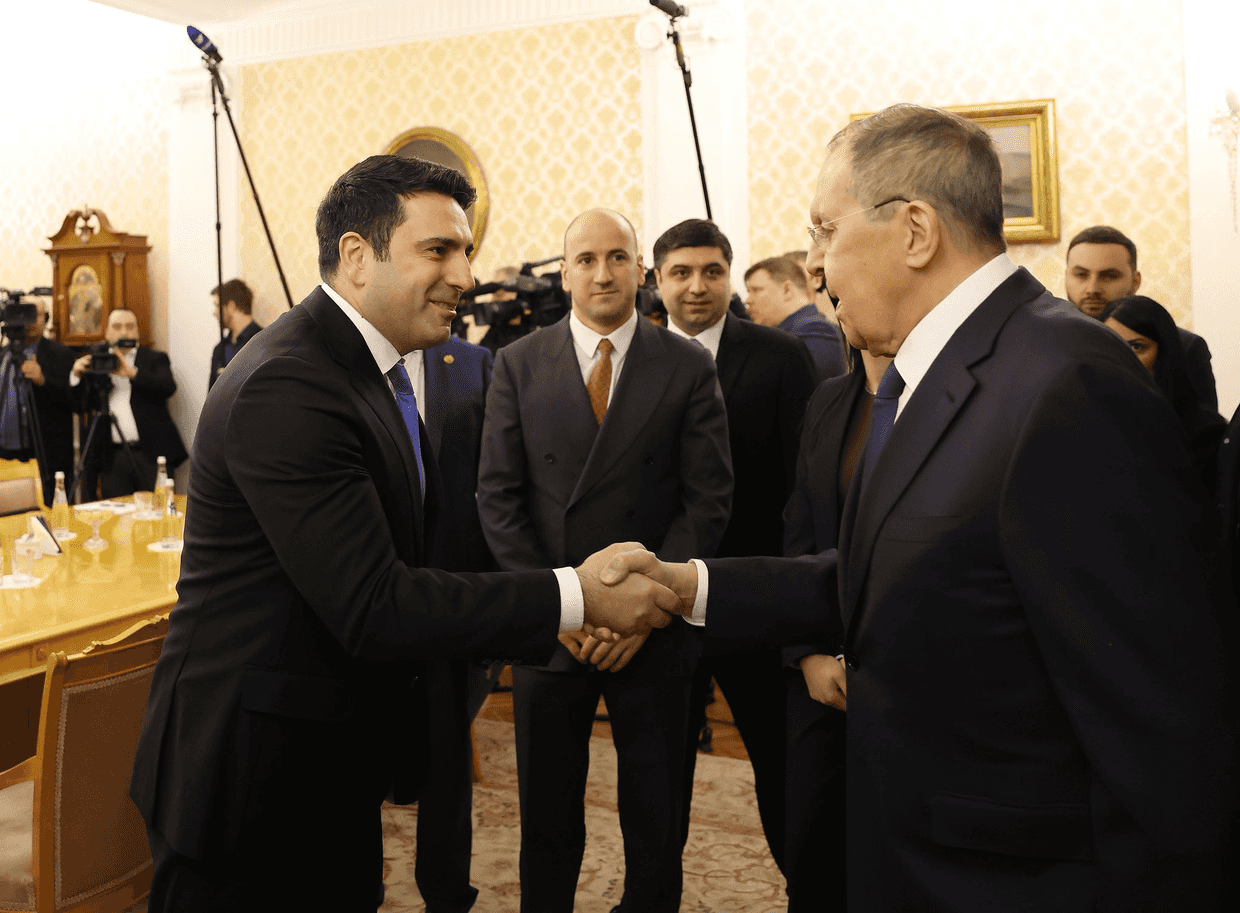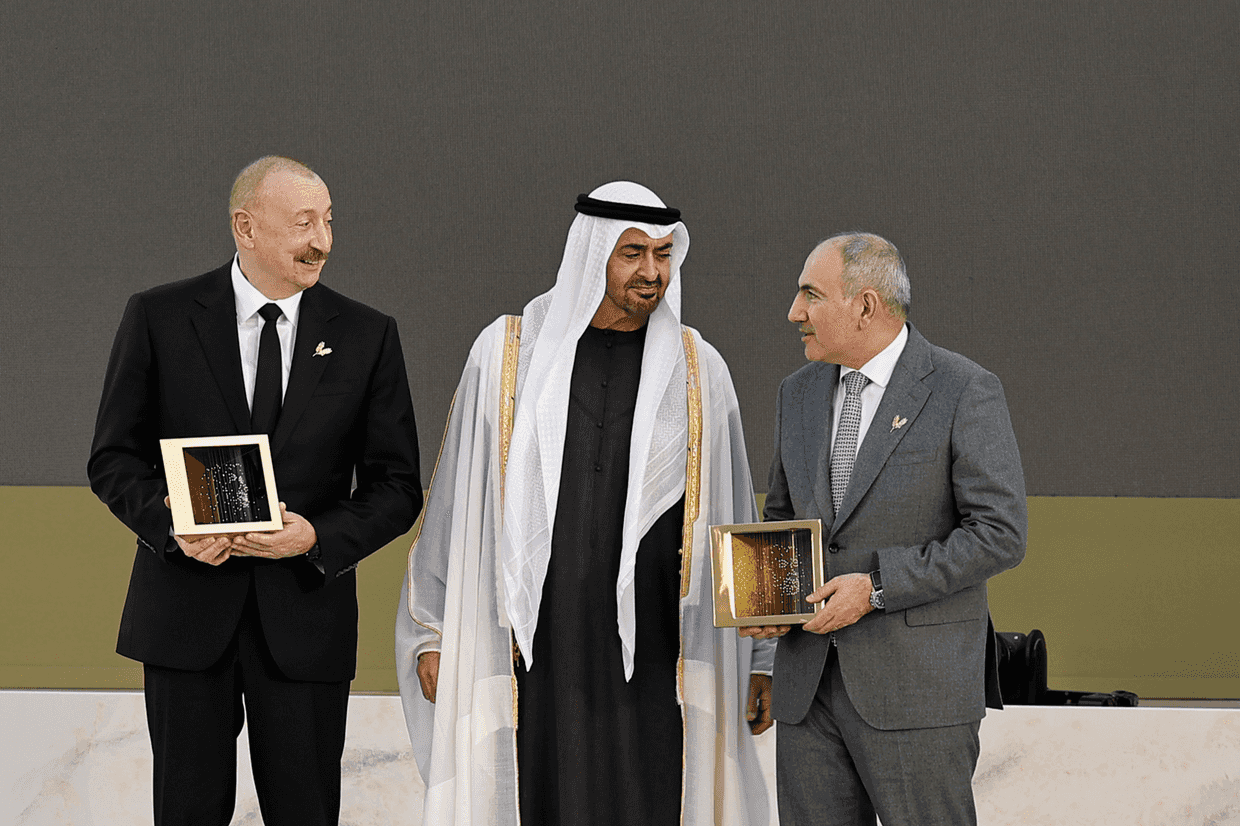
Azerbaijan and Armenia have traded accusations of attacks along their shared borders a day after Azerbaijan accused Armenia of building up its military presence on the border.
On Tuesday morning, Azerbaijan’s Ministry of Defence accused Armenia of firing at positions in Sadarak and Shahbuz in Nakhchivan the night prior.
Armenia swiftly denied the accusations, with its own Defence Ministry accusing Azerbaijani forces of opening fire on Armenian positions on Armenia’s eastern border at 10:00 in Gegharkunik Province on Monday, and at 12:40 in Syunik Province on Tuesday.
The accusations came a day after Azerbaijan accused Armenia of building up its military presence on the border and, later on Monday, of constructing fortifications and transporting artillery weapons by the border.
[Read more: EU monitors deny Azerbaijani claims of Armenian border buildup]
In response to footage and images published by Azerbaijan purported to be evidence of Armenia’s buildup on the border, the EU Monitoring Mission stated on Monday evening that they had patrolled the border and did not ‘observe any unusual military movements’.
‘It was a calm and peaceful Easter Monday’.
Yerevan also denied the accusation, stating that the construction seen in the footage published by Baku was of a ‘defensive nature’ and that it was within their ‘sovereign rights’.
Armenia’s Defence Ministry added that the situation on the border was ‘stable’, and that it did not deem it necessary to ‘implement additional measures for border protection’.
Anger at the West
The reported clashes come ahead of a meeting scheduled for Friday between Armenian PM Nikol Pashinyan and top EU and American officials. The meeting has led to anger from Baku, who have accused the West of bias towards Armenia.
Rauf Mirgadirov, an Azerbaijani columnist and journalist linked the tension on the border to Azerbaijan being unhappy that Armenia was growing closer to the West, as Azerbaijan has distanced itself from Western countries.
He said Azerbaijan was avoiding the peace process and had ‘rejected the West’s support in achieving peace in the region’.
‘Now the West believes that Azerbaijan is acting in Russia’s political interests’, Mirgadirov told OC Media.
He argued that this was counterproductive. ‘Armenia and West’s relationship is not harmful. If Azerbaijan stays away from the West and close to Russia, this situation will harm Azerbaijan.’
‘Because the West wants peace in the region, the West generally wants the region to escape the impacts of Russia, and the West wants to open all regional [transport] communications.’
On Monday, Leonid Nersisyan, a senior researcher from APRI Armenia, an Armenian think-tank, also suggested Azerbaijan may be unhappy with Armenia’s growing relationship with the West.
He speculated that Azerbaijan could have several aims in inflaming the situation on the border, including to damage the reputation of the West in Armenia by showing it as ineffective.
He also said they could be attempting to extract additional concessions from Armenia: ‘one is the so-called Zangezur Corridor, the second is related to Tavush, the issue of those border villages’, Nersisyan told RFE/RL.









